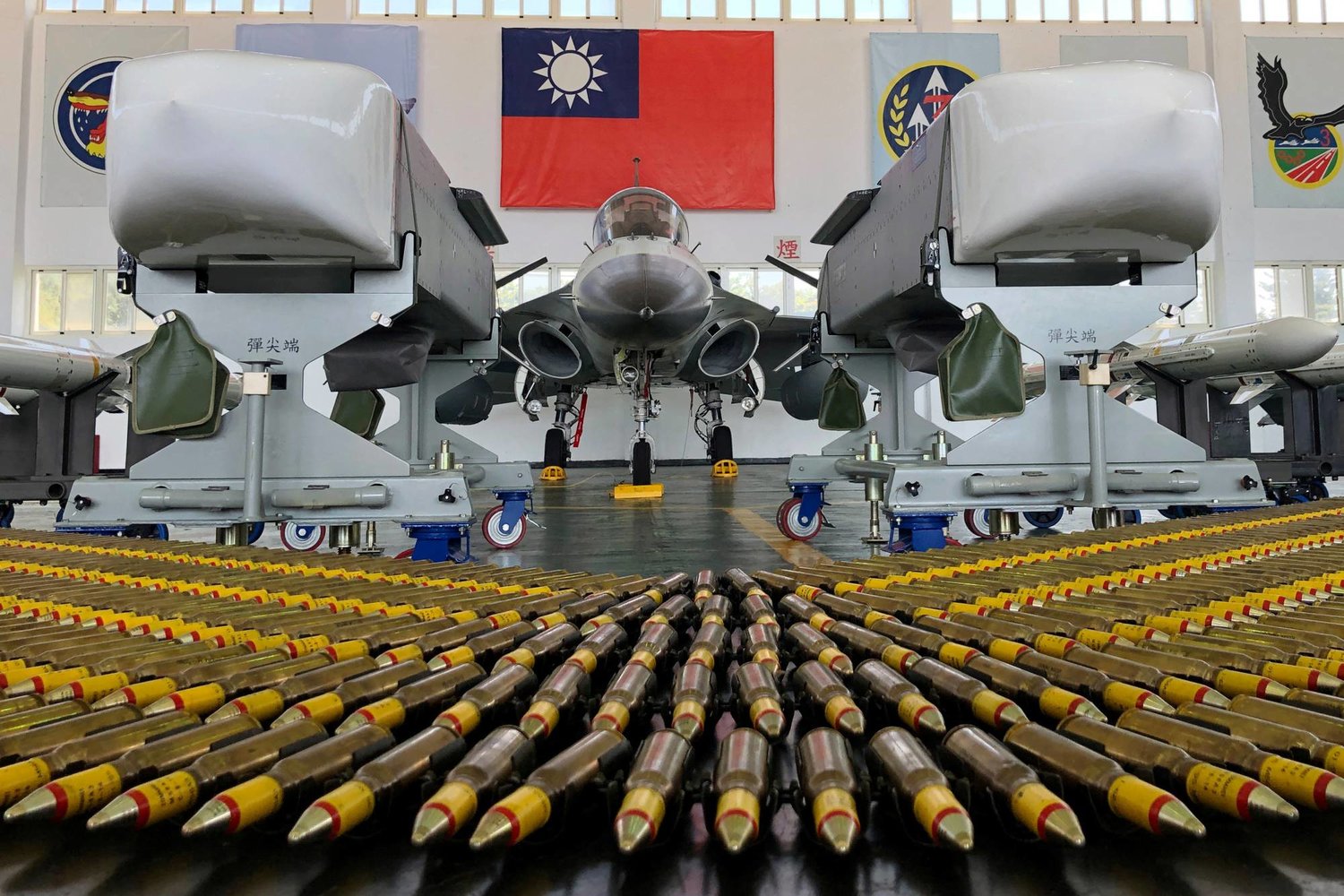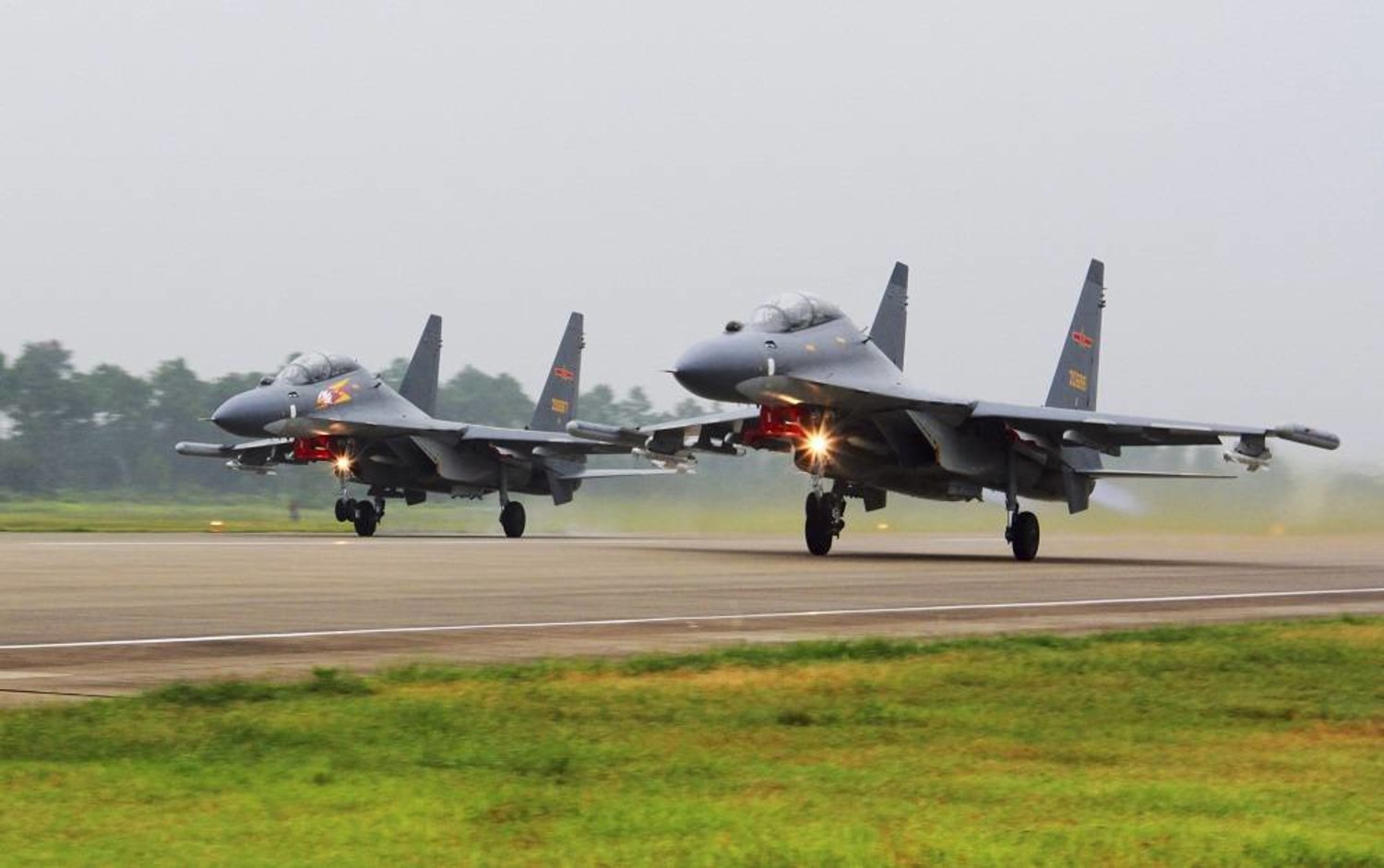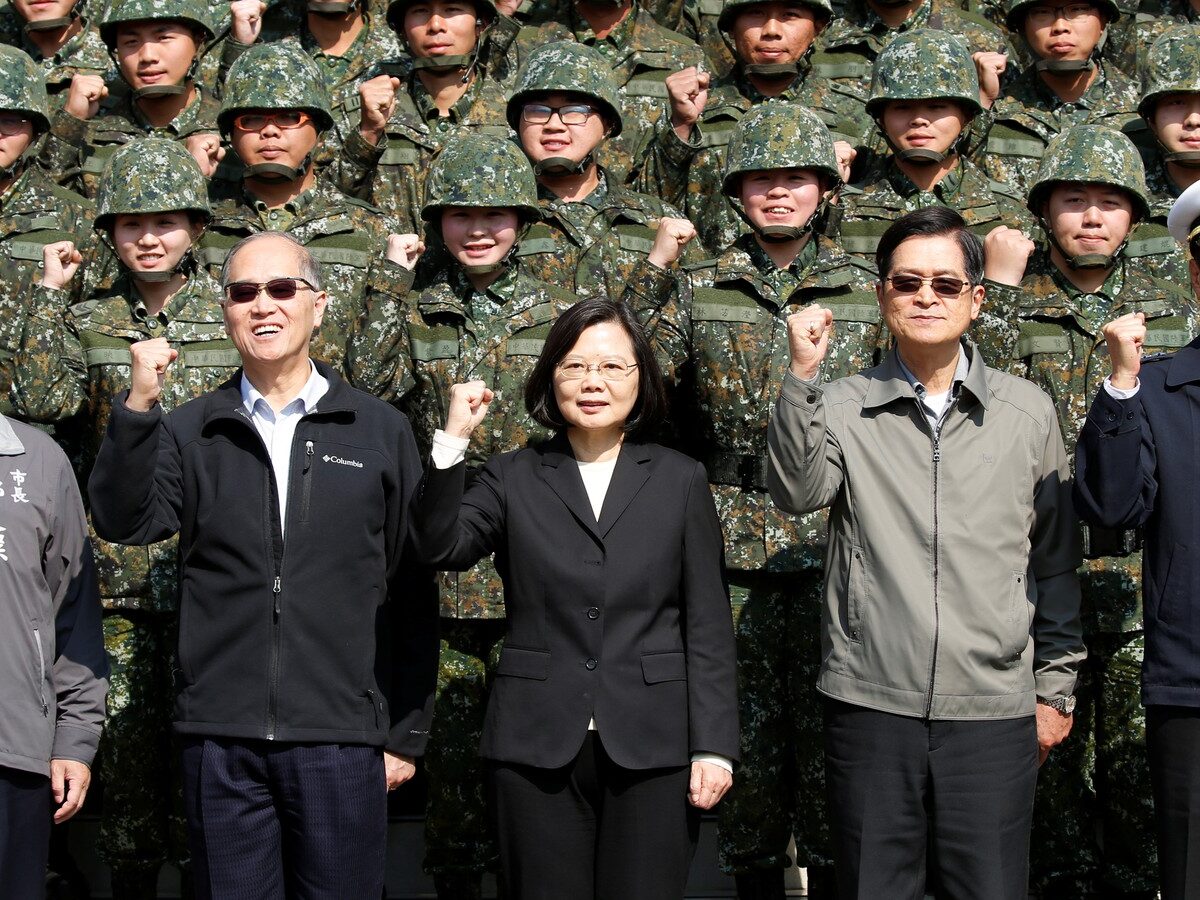The United States has announced that it will sell $500 million worth of military equipment to Taiwan, including F-16 Infrared Search and Track (IRST) and related equipment. The Pentagon stated that the main contractor would be Lockheed Martin Corp (LMT.N), which manufactures the F-16. The announcement was made shortly after Taiwan’s President Tsai Ing-wen reaffirmed her commitment to bolster Taiwan’s self-defense while visiting a memorial where Taiwan and China fought during the Second Taiwan Strait Crisis in 1958. Tsai paid tribute to those who perished during a visit to the remote islands of Kinmen. At the ceremony, she gave remarks that “In order to keep the peace, we need to strengthen ourselves. As such, we need to continue to reform the national defense, push for self-reliance, and strengthen our defense capabilities and resilience.” According to President Tsai Ing-wen, Taiwan’s military budget would increase by 3.5% annually and reach a record high in 2024.
The arms sale move has been met with anger from China, which claims the island nation as its own territory, urged Washington to halt the sale in order to safeguard its national sovereignty and territorial integrity. The sale is the latest in a series of arms deals between the United States and Taiwan, and it comes at a time of heightened tensions between the two countries. China has been increasing its military activity around Taiwan, and there is growing concern that it may be preparing to take military action. The United States has said that the sale is necessary to help Taiwan defend itself, and that it does not change the United States’ one China policy. The Taiwan’s Defense Ministry has said that, the newest F-16 aircraft will be equipped with the new technology which would “greatly improve the effectiveness of air operations” and increase the aircraft’s capacity to track and detect long-range targets. The ministry also expressed its gratitude to the United States for the sale, noting that China’s persistent entry of military aircraft and drones into airspace close to Taiwan poses a major threat to the island.
 According to the Defense Security Cooperation Agency of the United States, the planned sale will help the recipient country to sustaining regional political stability, military parity, and economic growth while also enhancing security. Moreover, Taiwan’s ongoing efforts to modernize its armed forces and to preserve a credible defensive capability are supported by this proposed sale, which advances United States national, economic, and security objectives. The particular sale will help the recipient protect its airspace, offer regional security, and boost interoperability with the U.S. through its F-16 program, which will help the country to deal with present and future challenges, and the recipient will have no trouble integrating this equipment into its military. Before that, in July 2023, the United States approved $345 million in military funding for Taiwan in July. In a move similar to what was done for Ukraine, the U.S. President Joe Biden utilized his presidential drawdown authority for the first time to send military equipment from the Pentagon to Taiwan.
According to the Defense Security Cooperation Agency of the United States, the planned sale will help the recipient country to sustaining regional political stability, military parity, and economic growth while also enhancing security. Moreover, Taiwan’s ongoing efforts to modernize its armed forces and to preserve a credible defensive capability are supported by this proposed sale, which advances United States national, economic, and security objectives. The particular sale will help the recipient protect its airspace, offer regional security, and boost interoperability with the U.S. through its F-16 program, which will help the country to deal with present and future challenges, and the recipient will have no trouble integrating this equipment into its military. Before that, in July 2023, the United States approved $345 million in military funding for Taiwan in July. In a move similar to what was done for Ukraine, the U.S. President Joe Biden utilized his presidential drawdown authority for the first time to send military equipment from the Pentagon to Taiwan.

China has condemned the sale, saying that it is a serious violation of its sovereignty.
In addition, China’s Foreign Minister Wang responded to the sale by saying, “Beijing will take resolute, powerful measures to safeguard its national sovereignty and territorial integrity.” The situation in the Taiwan Strait is complex and delicate. It is important that all the involved countries consider all of the potential consequences before making a decision. The sale is likely to further strain relations between the United States and China. The two countries are already at odds over a number of issues, including trade, human rights, and the South China Sea. The sale of arms to Taiwan could further complicate the situation, and could even lead to a conflict between the two countries. The implications of the sale are far-reaching, it could lead to a military build-up on both sides of the Taiwan Strait. The sale could also further destabilize the region, and could even lead to a conflict between the United States and China. The United States and China must tread carefully on the Taiwan issue in order to avoid any miscalculation that could lead to a serious conflict between the two countries.

Research Associate, Pakistan House



